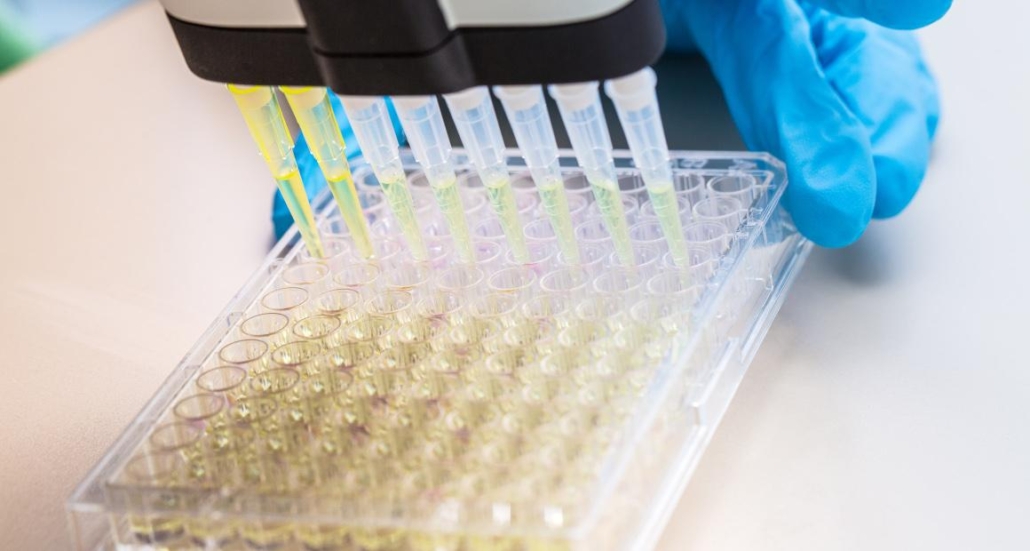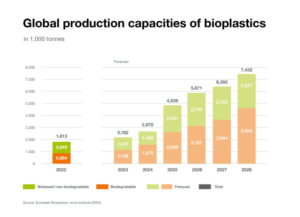
German companies to revolutionise lab plastics market
German Green Elephant Biotech has launched the world's first plant-based 96-well microtitre plate on the market.
Plastic consumables used in pharmaceutical and biotechnological research must meet high quality standards. A German start-up has now launched the first sustainable product that is not based on petroleum chemistry: a 96-well microtitre plate The plastic for microtitre plates is made from corn starch.
According to estimates, around 5.5 million tonnes of plastic are produced in life science laboratories worldwide every year. Material that cannot be recycled and is therefore incinerated. The start-up Elephant Green Biotech now offers 96-well microtitre plates made from bioplastics to replace the petroleum-based products and thus reduce emissions. Microtitre plates are among the most frequently used disposable products in laboratories and are mainly used for high-throughput analysis. They are usually made of polystyrene. Green Elephant Biotech uses cplant-based polylactic acid instead for the production of its microtitre plates.
“We are proud to be the first company in the world to produce disposable laboratory materials from PLA using the injection moulding process,” stressed co-founder and co-CEO Joel Eichmann. The sustainable solution not only reduces CO2 emissions compared to polystyrene, the production process for PLA is also less energy-intensive.
Although the disposal of PLA sheets also produces the greenhouse gas CO2, the emissions correspond to what the maize plants originally absorbed from the atmosphere. According to the company, the life cycle of its 96-well plates therefore produces half the CO2 emissions of conventional plates.Additionally, Green Elephant Biotech’s microtitre plates can now compete with their petroleum-based counterparts: “Manufacturing the first product that meets the high technical standards of laboratory consumables involved many challenges, such as ensuring high transparency for optical applications. However, the tests have shown that our sheets are competitive with conventional plastics in this respect, which proves that quality does not have to come at the expense of sustainability,” says Eichmann.
Green Elephant Biotech is a 2021 spin-off from the Technical University of Central Hesse.
Last December, Finnish Neste Oyj has partnered with Hamburg-based lab supplier Eppendorf AG to create a new line of renewable plastic lab consumables, Eppendorf Consumables BioBased, from cooking oil waste.


 Carbios SAS
Carbios SAS
